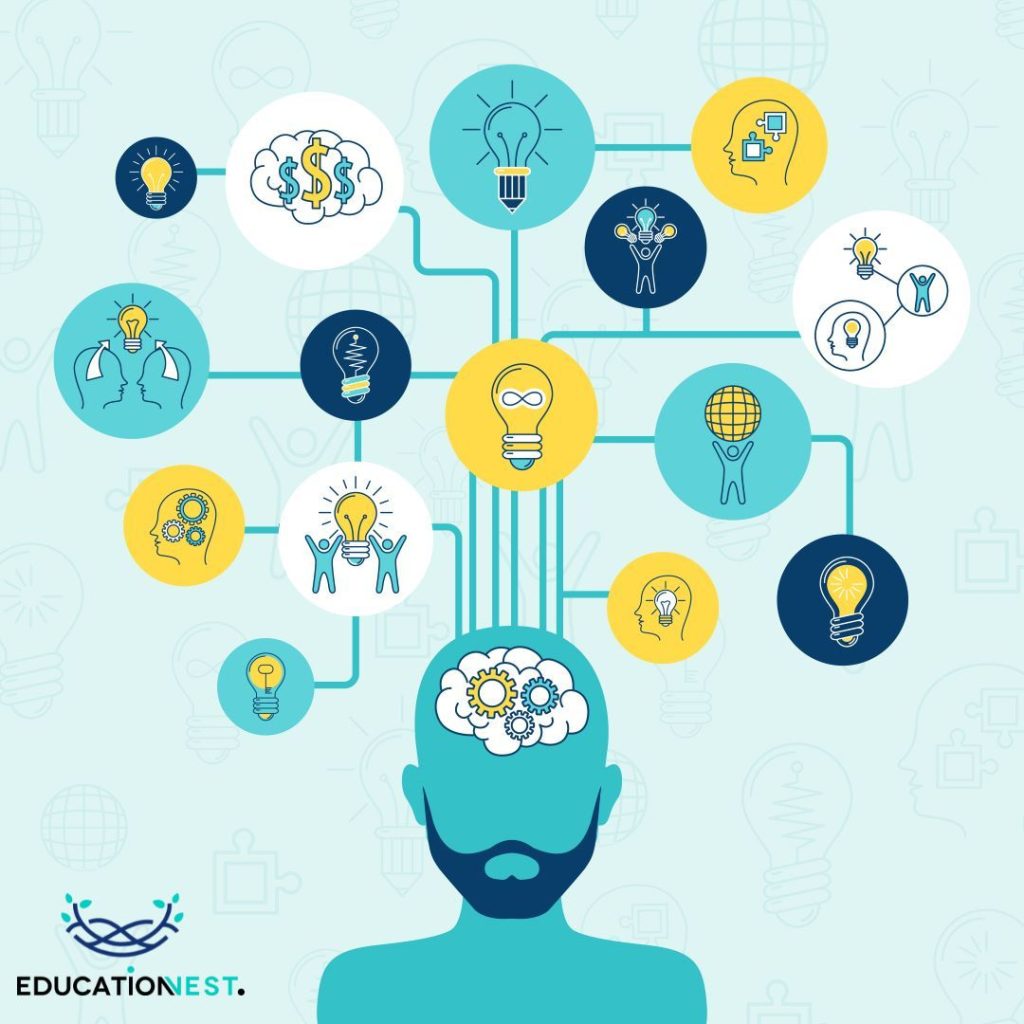In a world filled with complex challenges and constant information overload, the ability to think logically is more valuable than ever. Logical thinking is not just reserved for scientists and mathematicians; it’s a skill that everyone can and should cultivate. In this blog post, we will explore the importance of logical thinking, define what it means, provide examples of logical thinking in action, and offer tips on how to improve your own logical thinking skills.
What is Logical Thinking?
Logical thinking, in simple terms, refers to the ability to reason, analyze, and solve problems systematically and coherently. It involves making sense of information, identifying patterns, and drawing valid conclusions based on evidence. Logical thinking is not limited to any specific field or profession; it’s a fundamental skill that can be applied in everyday life.
Logical Thinking Skills

- Problem-Solving: One of the primary applications of logical thinking is problem-solving. When faced with a challenge or a complex situation, individuals with strong logical thinking skills are better equipped to break it down into manageable parts, identify possible solutions, and choose the most effective one.
- Critical Thinking: Critical thinking is closely related to logical thinking. It involves evaluating information, arguments, or ideas critically and objectively. Logical thinkers are skilled at assessing the validity and reliability of information before accepting it as true.
- Decision-Making: Logical thinking plays a crucial role in decision-making. Whether you’re deciding what to have for dinner or making a major life choice, logical thinking helps you weigh the pros and cons, consider potential consequences, and arrive at a well-informed decision
- Analytical Skills: Analytical skills involve examining data, information, or situations in a systematic and organized way. Logical thinkers excel at breaking down complex problems into smaller, more manageable parts and analyzing each part thoroughly.
- Creativity and Innovation: While logic may seem rigid, it can also foster creativity and innovation. Logical thinkers can identify innovative solutions by combining existing knowledge and ideas in novel ways.
Examples of Logical Thinking
Let’s dive into some real-life examples to better understand how logical thinking works:
Example 1: The Lost Keys
Imagine you’ve lost your house keys. A logical thinker would approach this situation by retracing their steps, thinking about where they last used the keys, and systematically checking possible locations. They would consider the most likely places first and eliminate them one by one until they find the keys.
Example 2: Budgeting
When creating a monthly budget, logical thinking is essential. You need to analyze your income, list your expenses, and prioritize your spending based on your financial goals. Logical thinking ensures that you make informed financial decisions.
Example 3: Scientific Research
In scientific research, logical thinking is at the core of the process. Scientists gather data, analyze it, and draw conclusions based on evidence. The scientific method itself relies on logical thinking to form hypotheses and test them systematically.
Example 4: Legal Analysis
Lawyers use logical thinking when analyzing legal cases. They review evidence, apply relevant laws and precedents, and build a logical argument to support their client’s case.
Example 5: Everyday Problem-Solving
In everyday life, logical thinking helps us solve a wide range of problems. For instance, when troubleshooting a malfunctioning appliance, you might use logical steps to identify the issue and fix it.
Also Read:
Top 5 Management Skills you need in 2023
The Importance of Logical Thinking
Now that we’ve seen examples of logical thinking in action, let’s discuss why it’s so important:
- Better Decision-Making: Logical thinkers make more informed decisions because they weigh the pros and cons, consider potential outcomes, and base their choices on evidence and reason.
- Effective Problem-Solving: Logical thinking is the cornerstone of problem-solving. It allows individuals to break down complex issues into manageable parts and find practical solutions.
- Enhanced Communication: People who think logically tend to communicate their ideas more clearly and persuasively. They can present their thoughts and arguments in a structured and convincing manner.
- Critical Thinking: Logical thinking fosters critical thinking, which is essential for evaluating information critically and distinguishing between fact and opinion.
- Adaptability: Logical thinkers are often better at adapting to new situations and learning from their experiences. They can apply their problem-solving skills to a wide range of scenarios.
Improving Your Logical Thinking Skills
Now that you understand the significance of logical thinking, here are some practical tips to help you enhance your logical thinking skills:
- Practice Puzzles and Games: Engage in activities that require logical thinking, such as solving puzzles, playing chess, or tackling brain-teasers. These games can sharpen your analytical skills.
- Read Widely: Reading exposes you to different ideas and thought processes. Try to read a variety of materials, including books, articles, and research papers, to broaden your perspective.
- Ask Questions: Don’t hesitate to ask questions when you encounter new information or concepts. Asking “why” and “how” can lead to a deeper understanding of the subject matter.
- Keep a Journal: Maintain a journal where you jot down your thoughts, ideas, and observations. This practice can help you organize your thinking and identify patterns in your thoughts.
- Seek Feedback: Share your ideas and thought processes with others and ask for feedback. Constructive criticism can help you refine your logical thinking skills.
- Stay Curious: Cultivate a curious mindset by exploring new topics and seeking to understand how things work. Curiosity is a driving force behind logical thinking.
Conclusion
Logical thinking is a valuable skill that can benefit everyone in various aspects of life. Whether you’re solving everyday problems, making decisions, or pursuing a career, logical thinking provides you with the tools to navigate complex situations with confidence. By understanding its importance and actively working to improve your logical thinking skills, you can unlock your full potential and approach challenges with a clear and rational mindset. So, embrace logical thinking and watch it transform the way you navigate the world.
